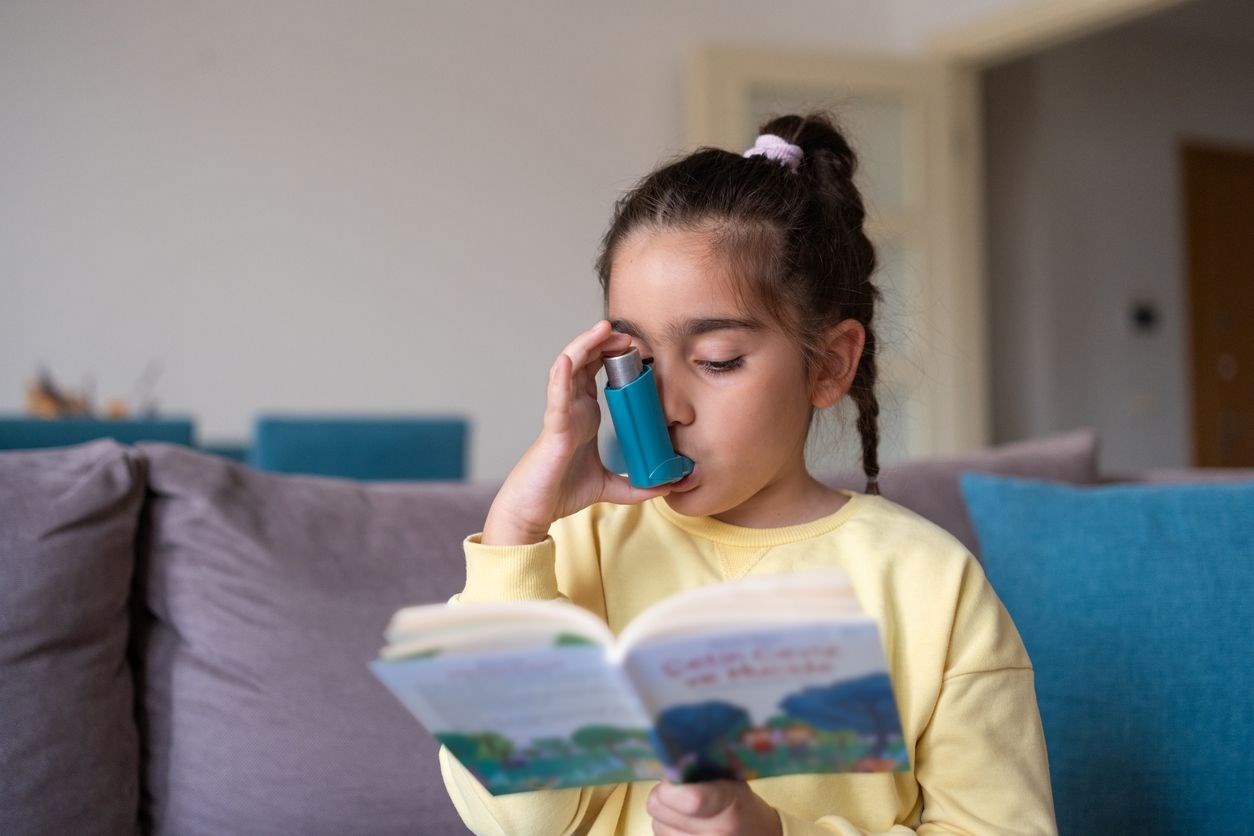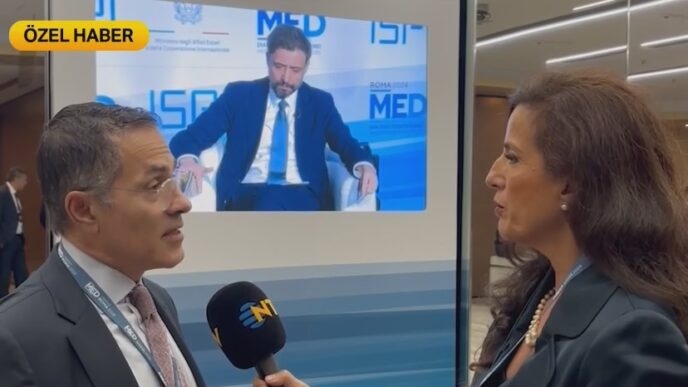The first new treatment for asthma attacks in 50 years is described as “game-changing.” A clinical trial of the drug Benralizumab has shown that it is much more effective than traditional methods in treating life-threatening breathing difficulties in people with severe disease.

The first new treatment developed for asthma attacks in 50 years has been described as a “game changer” by doctors and patients.
Doctors conducted a clinical trial of the drug called Benralizumab.
It has been shown to be much more effective than traditional steroid tablets in treating life-threatening breathing difficulties in people with a severe form of the disease.

This type of asthma accounts for about half of all emergency exacerbations of the disease.
The same biological mechanism underlies a third of all severe exacerbations of chronic obstructive pulmonary disease (COPD).
But researchers at King’s College London found that asthma or COPD patients who received smart drug injections during an attack were less likely to suffer from wheezing, shortness of breath and other symptoms four weeks later.

“We hope this work will change the way exacerbations are treated in the future and ultimately improve the health of more than a billion people living with asthma and COPD worldwide,” she added.

Steroid tablets have been the mainstay of treatment for exacerbations for decades, reducing inflammation in the lungs.
But they don’t always work and patients have to take medication repeatedly, which can lead to hospital readmissions and sometimes carries a risk of death.
Regular use also increases the risk of diabetes and bone-weakening osteoporosis.

But a benralizumab injection in hospital helped stabilise his condition.
He told Sky News he was struggling to believe his renewed health and vitality.
“I was going into a bleak situation where nothing was working for me, how am I going to survive my whole life? I’ve had flare-ups, chest infections, breathlessness… But I’ve had an incredible transformation since coming on the drug.”

But the finding that a higher dose injection during an attack leads to better results is significant.
“This is great news for people with lung conditions,” said Dr Samantha Walker, from the charity Asthma + Lung UK.
“But it’s appalling that this is the first new treatment for 50 years and shows how underfunded lung health research is.”













